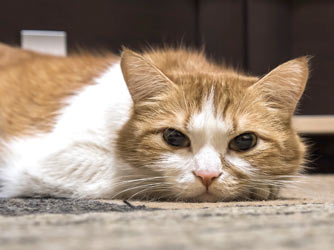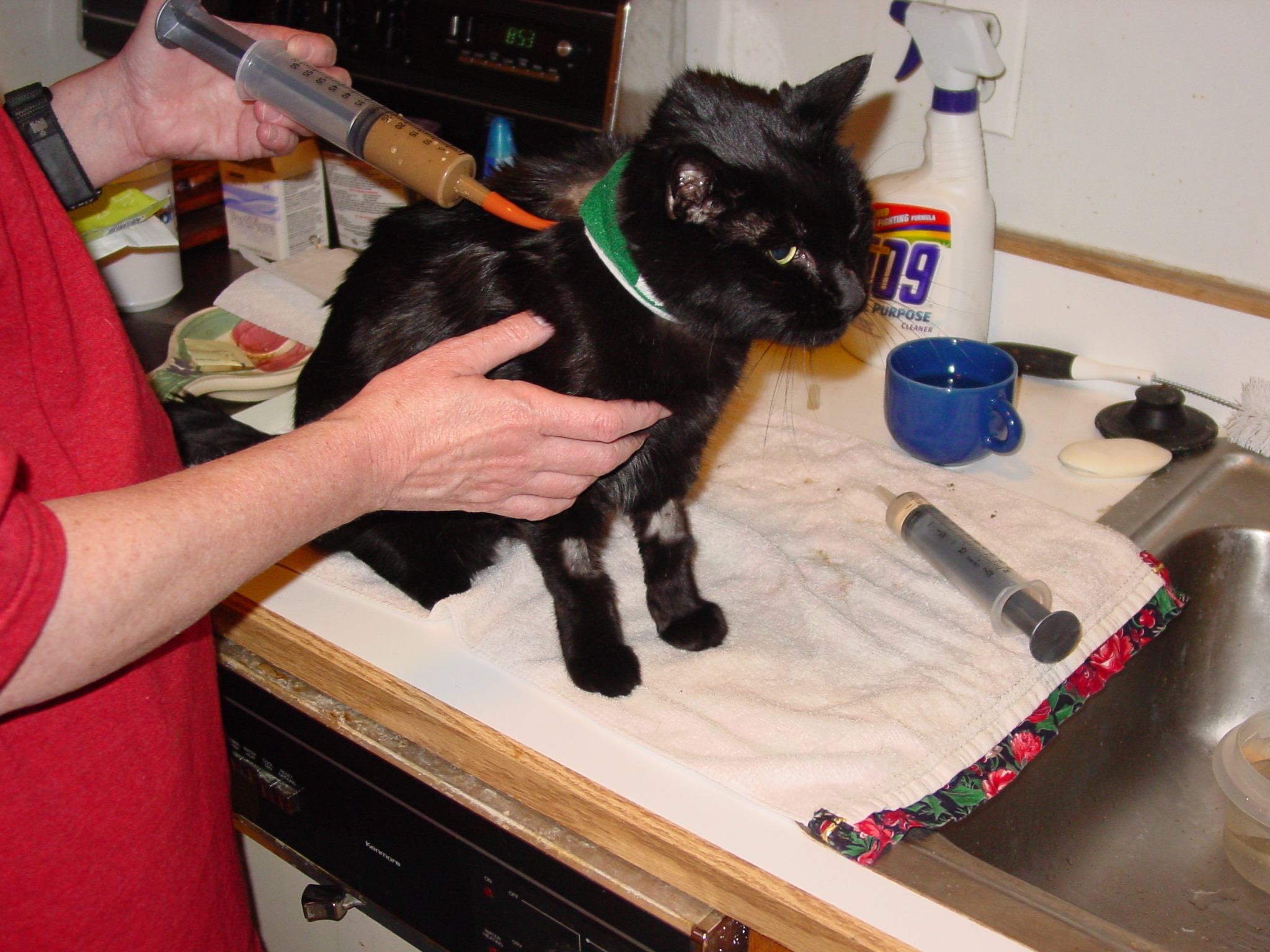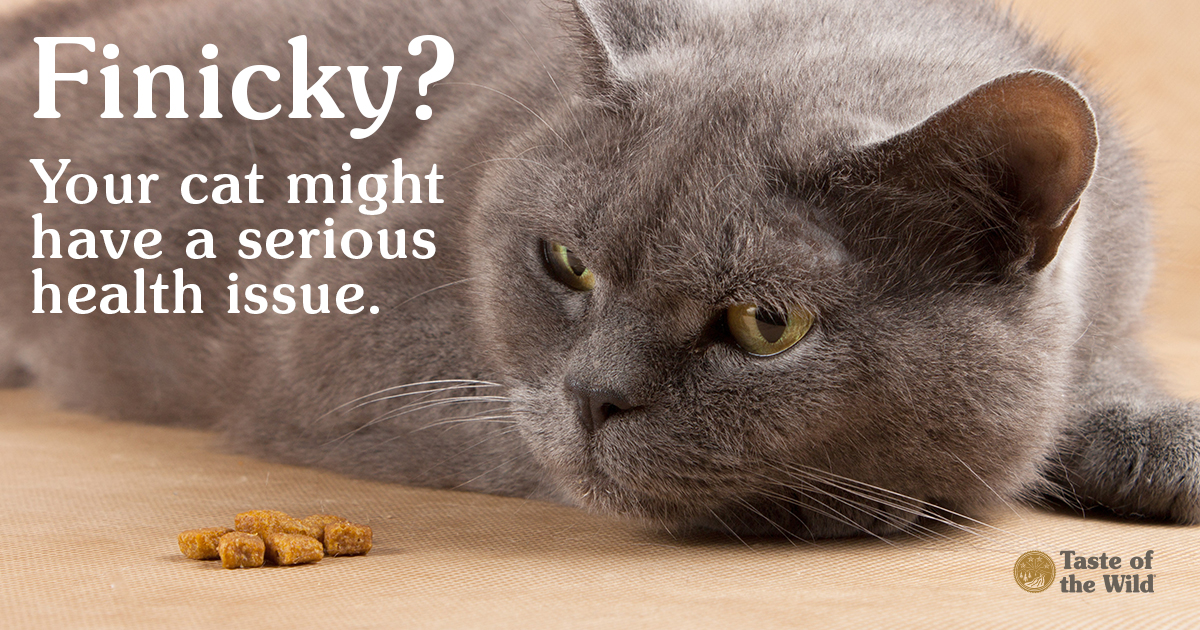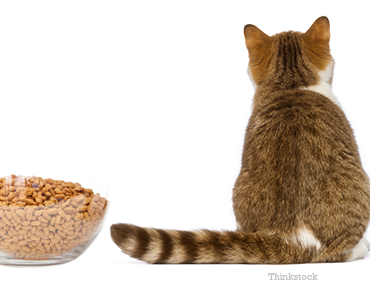This condition also known as fatty liver syndrome occurs when triglycerides accumulate within the liver cells and obstruct the organ s function.
Diet for cats with hepatic lipidosis.
Swelling of the abdomen.
Symptoms of liver disease in cats.
If the cat is unwilling to eat anything a feeding tube should be placed to avoid a negative energy state and the development or worsening of hepatic lipidosis fatty liver syndrome.
For all we know of the liver s function we are still unaware of the exact mechanism by which triglycerides deposit within the hepatocytes of a feline hepatic lipidosis fhl case.
Liver diseases in cats can be caused by cancer hepatic lipidosis and toxic hepatopathy.
Hepatic lipidosis known commonly as fatty liver is one of the most common severe feline liver diseases in cats.
Liver diet for cats.
While we don t see this as a primary condition in dogs or humans it s not necessarily a disease specific to cats which are obligate carnivores either.
If your cat is not eating consult your veterinarian immediately.
If hepatic encephalopathy is present a diet with low protein levels can help reduce the production of ammonia a by product of protein digestion.
Unfortunately a frequently diagnosed ailment called hepatic lipidosis can severely impair the health and proper functioning of a cat s liver and if not promptly reversed can be fatal.
If cats don t eat for more than 3 5 days they can develop inappropriate fat infiltration into the liver what we call hepatic lipidosis or fatty liver most adult cats average around 200 220 calories day so even skipping a few meals can result in insufficient calories and secondary liver changes.
Hepatic lipidosis in cats.
In most cases a primary disease process causing anorexia sets the stage for hl in overconditioned cats.
The liver s main functions include protein synthesis the production of chemicals necessary for digestion and the detoxification of the body.
Often known by the laymen s term fatty liver this disease occurs when cats especially obese cats go without food for a few days.
Cats that lose their appetite for two to three days may experience feline hepatic lipidosis a condition associated with a dangerous build up of fat in the liver that impairs proper function.
The typical cat with hepatic lipidosis has recently lost a significant amount of body weight has a poor appetite and is middle aged and overweight.
Factors that may be associated with the onset of hepatic lipidosis include stress obesity anorexia diet change nutritional deficiencies diabetes and hyperthyroidism.










